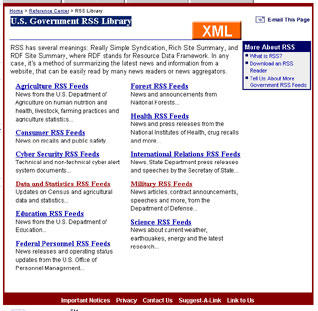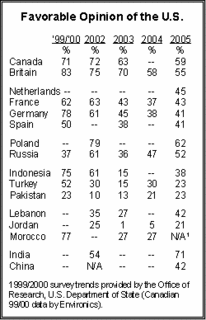Protecting your intellectual property at home and abroad
Growing global trade in pirated and counterfeit goods threatens America's innovation economy, the competitiveness of our leading companies and small manufacturers, and the livelihoods of their workers. Bogus products - from CDs, DVDs, software and watches to electronic equipment, clothing, processed foods, consumer products, and auto parts - are estimated to account for up to seven percent of global trade and cost legitimate rights holders around the world billions of dollars annually.
Developed over the last year, the Strategy Targeting Organized Piracy (STOP!) is the most comprehensive initiative ever advanced to smash the criminal networks that traffic in fakes, stop trade in pirated and counterfeit goods at America's borders, block bogus goods around the world, and help small businesses secure and enforce their rights in overseas markets. STOP! underscores the Administration's continuing commitment to level the playing field for American businesses and workers. And it builds on the Administration's solid track record of real results in combating global piracy and counterfeiting.




